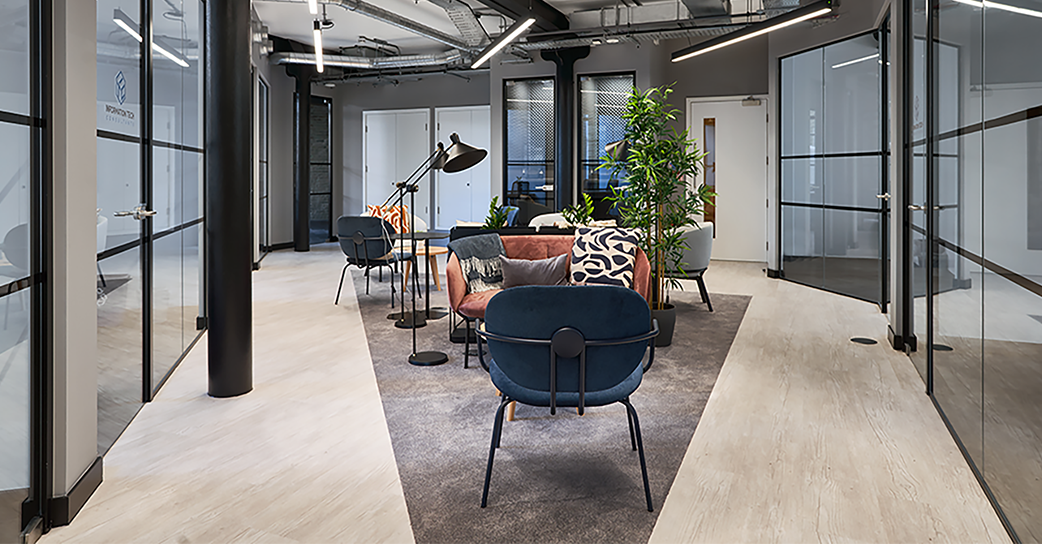Offices to rent
Owners & Operators
 List a space
List a space
 Managed by Workthere
Managed by Workthere

Owners & Operators
See more List a space
List a space
Open your space to exciting businesses by listing your flexible office space with us
List your space Managed by Workthere
Managed by Workthere
We provide and manage fully-inclusive hospitality led office space that takes away the hassle from you
Find out more
Our managed listings
Explore the managed spaces that we market and let on behalf of asset owners
See more
Brokers & Agents
Contact us

















